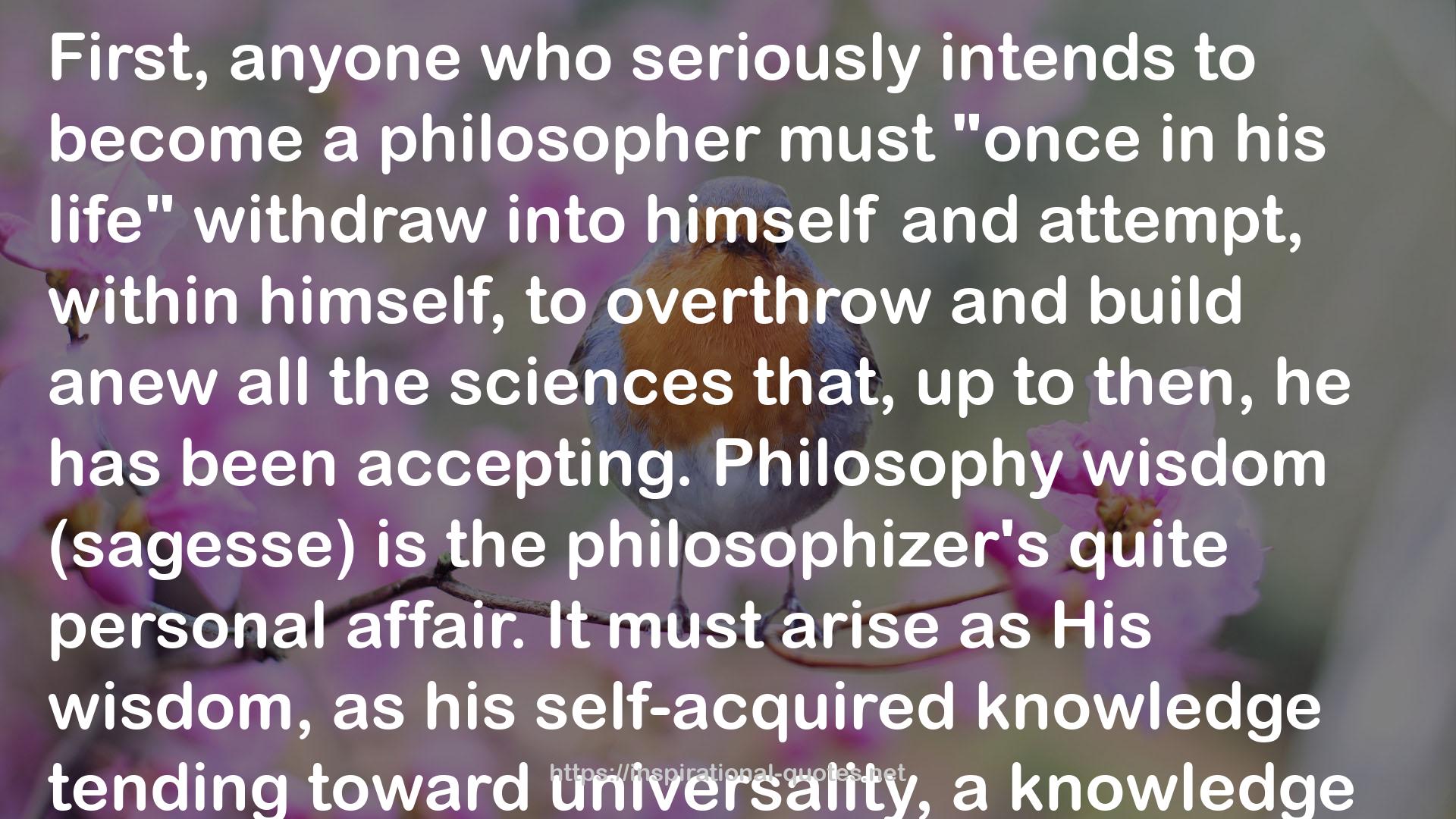Cartesian Meditations: An Introduction to Phenomenology QUOTES
SOME WORKS
- Shattered Silk (Georgetown, #2)
- The Wizard's Daughter
- Into the Darkness
- Witch
- Finding Manda's Sunshine
- The Elephant Wolf
- Shakespeare and Modern Culture
- Shakespeare After All
- Sherlock Holmes Was Wrong: Reopening the Case of The Hound of the Baskervilles
- How to Talk About Places You've Never Been: On the Importance of Armchair Travel

